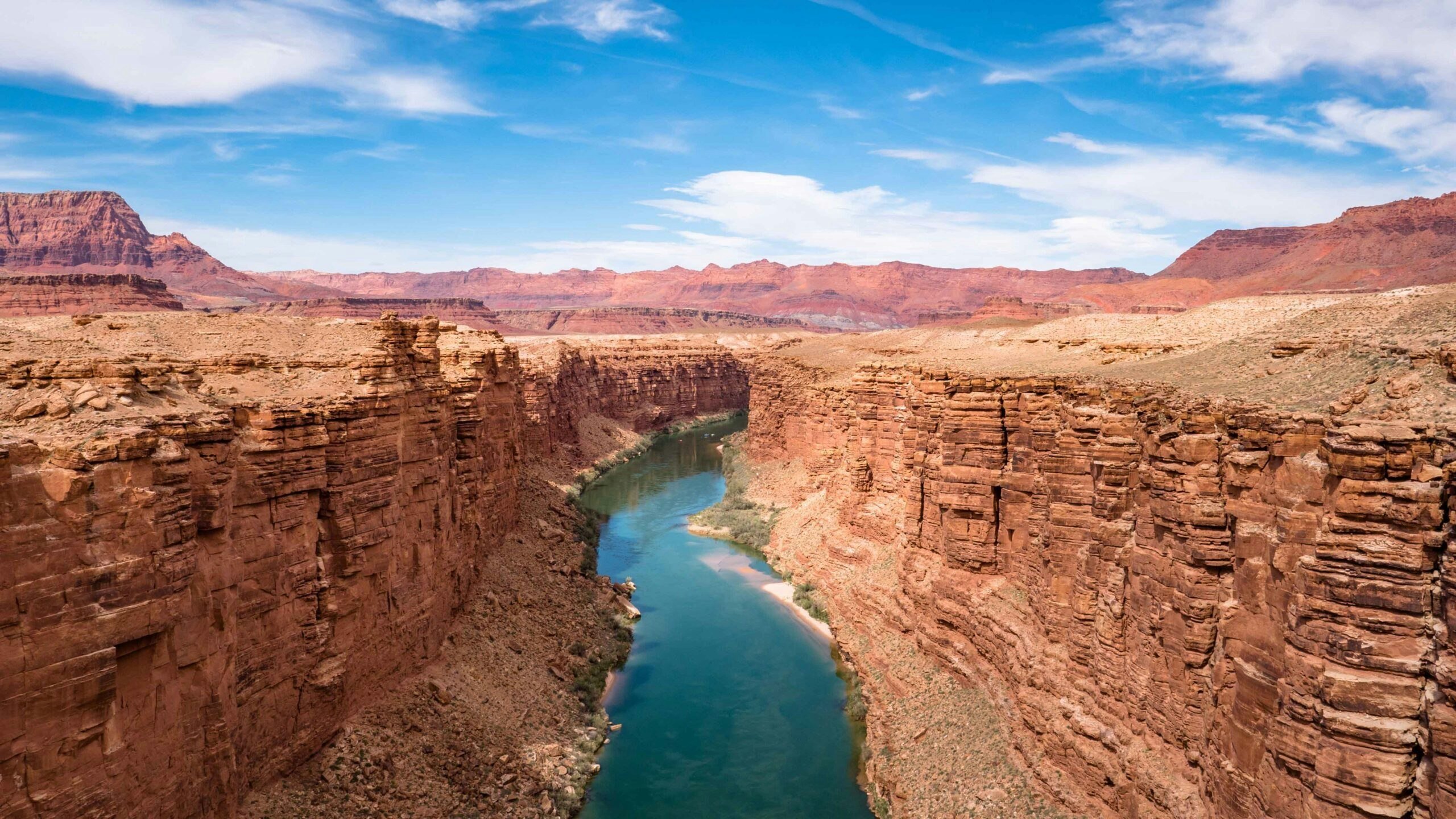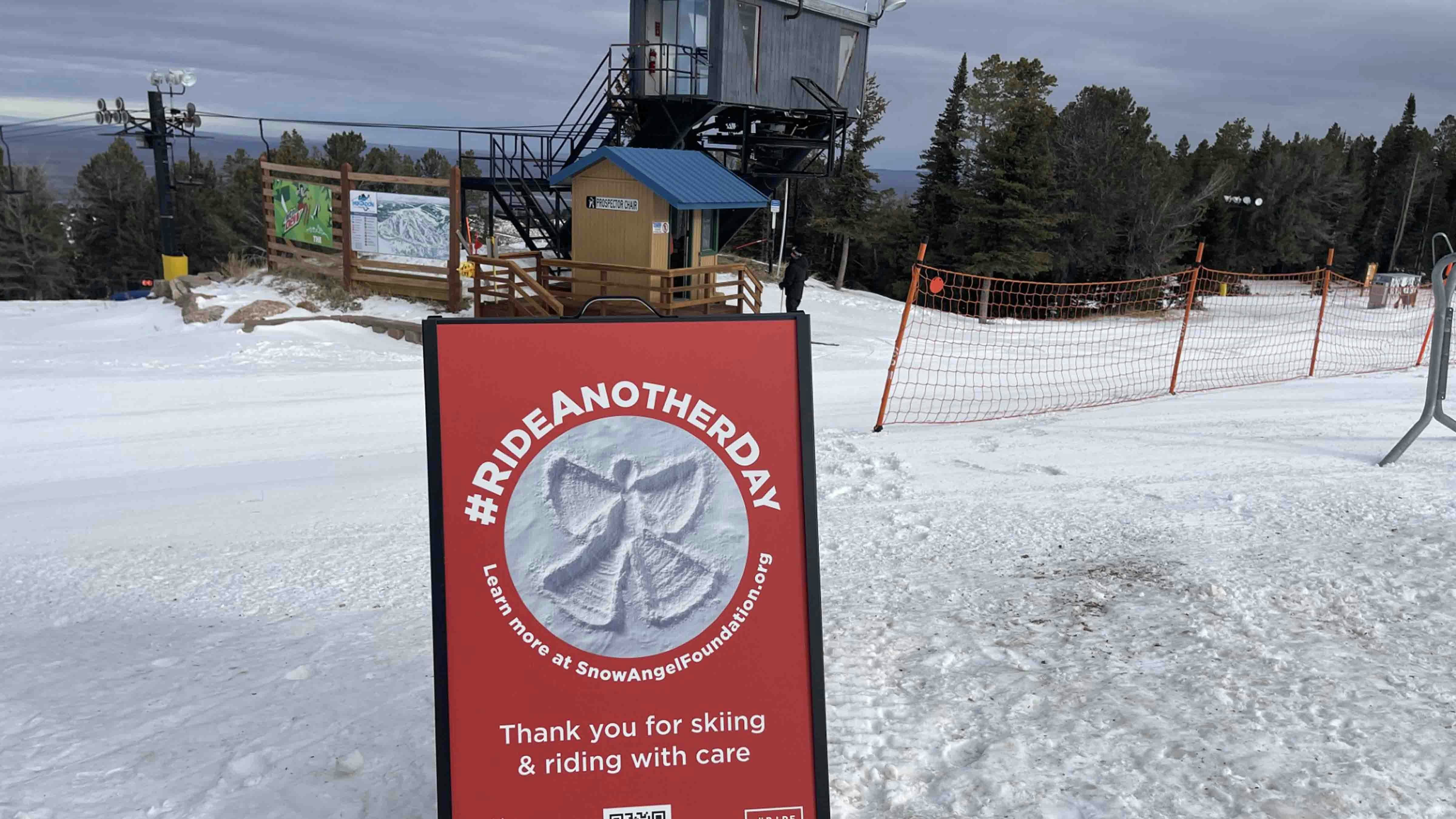Wyoming will continue to feel pressure from California’s increasing demands on the Colorado River and needs to get ahead of the curve now, warns a former longtime Golden State water commissioner.
It would probably be best for Wyoming and the other six “interior states” that rely on the Colorado to secure their water rights now while pressing California to become more independent, Michael Matteson told Cowboy State Daily.
Matteson served for about 30 years as a commissioner for the water conservation district of Murrieta, California. He said that over the course of his career, he watched as Los Angeles increasingly put demands on his district.
He said it’s a microcosm of how things could play out across the West with ever-increasing demand on the Colorado River’s shrinking supply.
“Don’t let them buffalo you,” he said about his advice for Wyoming and other Western states downriver from the Colorado.
Not Unlike Wyoming
Matteson, 75, retired from the Murrieta water district a few years ago.
When he was young, living in Murrieta wasn’t all that different from life in Wyoming – which he said he’s visited several times.
“I remember when we could go out up against the bluffs outside of town and go hunting,” he said. “We would go down to the local store and buy ammunition, and then go out and hunt birds or small game, sometimes even deer.”
Loss Of Water Independence
The town also had its own water supply from shallow groundwater and a nearby reservoir, so it was independent in that regard, he said.
By the time he began serving on the water conservation district board, things had started to change. Murrieta had grown dramatically, putting more strain on its water supply.
Moreover, demands from Los Angeles roughly 80 miles away and other larger metro areas continued to increase, as they reached ever farther outward to meet their increasing thirst.
Eventually, Matteson’s hometown started to see the effects.
“You started having to go down 100 feet, 300 feet, 500 feet to reach the groundwater,” he said. “Once you get past 750 feet or so you can’t use it, because things like arsenic start to show up in the water at those depths.”
‘Need To Wake Up’
For Murrieta, the ultimate answer came down to the old adage that if you can’t beat them, join them.
The town decided to join the metropolitan water district for Los Angeles, he said.
“It cost about $2,000 per acre of our municipal land to buy in,” he said. “I left the water board about the time we joined the metropolitan water district. I wasn’t interested anymore.”
For now, at least, Murrieta is stable. But California as a whole is using more water than it can produce, he said. So, the scenario that played out between Los Angeles and the smaller communities around it is going to continue playing out between California and the other six states that rely on the Colorado River and its tributaries.
“The interior states really need to wake up,” he said.
Those include Wyoming, Colorado, Utah, New Mexico, Arizona and Nevada.
Binding Compact
The interior states should take a hard look at the terms of the Colorado River Compact and take matters to court if they need to, Matteson said. The Compact is a 1922 agreement that divided use of the Colorado River between the six interior states and California, as well as Mexico.
However, trying to revise the terms of the compact might not be that easy, Jason Robison, a University of Wyoming Law Professor who has studied the agreement, told Cowboy State Daily in an earlier interview.
“Wyoming is part of the Colorado River Compact, and the compact imposes flow obligations on Wyoming,” he said. “What those flow obligations really mean to me is, Wyoming is connected to Mexico. Wyoming is connected to the upper (Colorado River) basin states and the lover basin states.”
Robison and others said that common connection will make it impossible for Wyoming to dodge the effects of a “doomsday” crisis as the Colorado River continues to shrink.
Matteson agreed that as one of the first links in the chain, as a headwaters state, Wyoming is bound to what happens all along the Colorado River.
“You’ve got everybody else downstream sucking the pond dry,” he said.
A Step In The Right Direction
Wyoming, California and the other states should start building more reservoirs to store water, Matteson said. And Wyoming and the other states need to start shoring up their political clout.
A possible step in that direction is before the Wyoming Legislature now. House Speaker Rep. Albert Sommers, R-Pinedale, sponsored House Bill 222, which would create the Colorado River Advisory Committee for Wyoming.
That committee would be charged with planning how to protect and develop water resources within Wyoming’s portion of the Colorado River Basin. The Wyoming House passed HB 222 by a vote of 53-9 on Feb. 8, and it was referred to the Senate Agriculture Committee.
An Answer In the Ocean?
Ultimately, California might have to turn to the Pacific Ocean for water, Matteson said, adding that there already have been some desalination plants built along the California coast.
Those are processing plants that pull the salt out of ocean water making it suitable for human use.
“Desalination is an expensive process, but it’s getting more efficient, and it might ultimately be the only viable option that California has,” he said.
However, if the Colorado River is hammered too hard in the meantime, that could backfire on Wyoming and the other interior states, he said.
“California has that (desalination) option. The other states don’t. They’ve got to work with what they’ve got,” Matteson said.
And if there isn’t enough river water left, that could mean the other states will have to pay California to pump desalinated ocean water to them, he said.
Leaving For Good
Matteson said he’s done with California.
He has for the past several years split his time between Murrieta and a second home near his adult children in the Bitterroot Valley region of Montana. He plans to move to Montana permanently as soon as he can.
And even that won’t be his first choice.
“If it was up to me, I’d move to Wyoming, but Montana is where the family is,” he said. “Wyoming is well-suited for me politically, but Montana is starting to get a handle on that too.”





